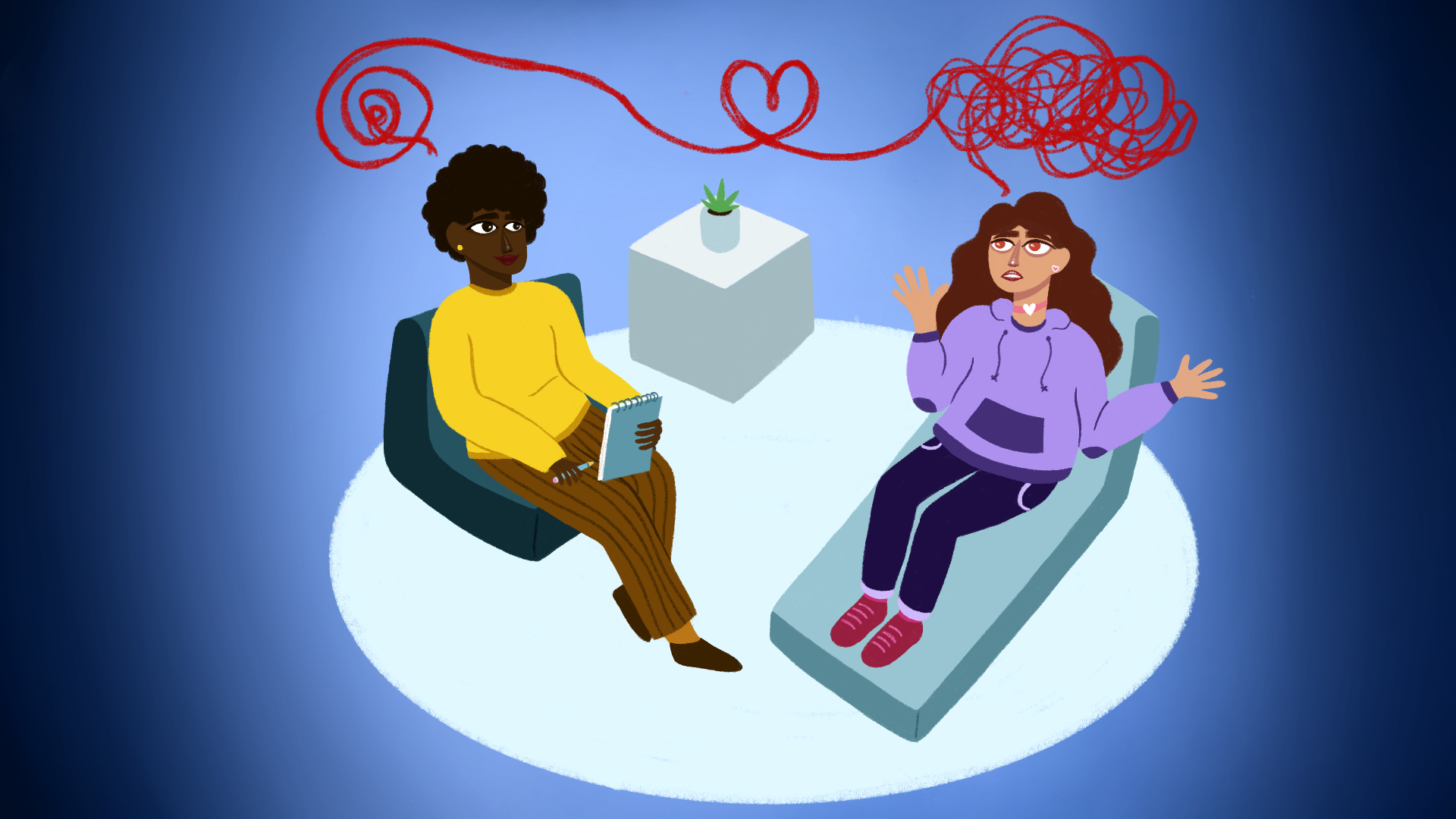The transition to university can take some adjustment — new school, new friends, and for some of you, moving away and living on your own for the first time. The university offers many mental health resources to help you cope and succeed over the next four years of your life. Here's a brief overview.
Health & Wellness Centre
Your first step in finding mental health resources is the Health & Wellness Centres at UTSG and UTSC, and the Health & Counselling Centre at UTM. On their respective websites, you can access Navi — a virtual tool that helps you find the best resources for you, based on the campus you attend and your needs.
These centres offer many services, such as pharmacotherapy or psychiatric care, which may include consultations as well as case and medication management. In addition, you can access short-term intensive counselling or psychotherapy if you have concerns about adjustment or transition issues, anxiety, depressive mood, self-esteem issues, relationship or family difficulties, body image or eating issues, sexual identity or gender orientation struggles, or anything else concerning your mental health. On-location counselling and single-session counselling services are also available.
You can book one-time counselling sessions once a week by calling 416-978-8030 if you're at UTSG, 905-828-5255 if you're at UTM, or 416-287-7065 if you're at UTSC. These resources are available to both full-time and part-time students, undergraduate and graduate alike, so long as they have paid the relevant incidental fees. There are only a certain number of same-day appointments available, so be sure to book early. If you are at immediate risk, call 911 instead.
Group therapy sessions are also available. At UTSG, the group sessions take the form of six-week or eight-week programs available to full-time and part-time students who have paid their incidental fees. UTSC also offers drop-in group sessions that can be attended without prior registration by any student — simply check out their schedule or register in advance by emailing [email protected].
During the pandemic, students have been able to access these services online and by phone. However, due to provincial regulations for mental health treatment, some practitioners may only be able to serve students located in Ontario. Those outside Ontario may be able to access counselling through their student union's health insurance plan.
Additionally, students on any of U of T's three campuses can access skills-based wellness workshops or programs such as Managing Exam & Test Anxiety, Overcoming Imposter Syndrome, and Mindful Moments, among others, via the Health & Wellness websites or their Instagram pages: @uoftstudentlife, @utmhccwellness, and@wellness_utsc.
Peers Supporting Peers
UTM and UTSC offer a Peer Support Program (PSP). At UTSC, this takes the form of peer-led group talk sessions that are offered twice a week, starting in the fall semester.
UTM offers two streams for peer support: peer-led wellness workshops and weekly one-on-one meetings. The one-on-one program matches upper-year or graduate mentors to undergraduate mentees with mental health concerns, based on shared interests, programs of study, and other characteristics. You can register for the PSP at UTM here.
My SSP
The university offers the U of T My Student Support Program (My SSP) to all students, regardless of where they are located. This service offers 24-hour, confidential support from a professional counsellor at no cost. Support is available in 146 languages, with immediate support over the phone in 35 languages, and chat services in simplified Chinese, English, French, and Spanish. If you're in Canada or North America, call 1-844-451-9700. If you're outside of North America, call 001-416-380-6578, or simply download the app.
Good2Talk
Another accessible resource is Good2Talk. They offer professional, confidential counselling for all post-secondary students in Ontario and Nova Scotia. Students in Ontario can call 1-866-925-5454 or text GOOD2TALKON to 686868, and students in Nova Scotia can call 1-833-292-3698 or text GOOD2TALKNS to 686868.
Student clubs and organizations
In addition to the resources provided by the university, U of T has many student clubs and organizations that focus on promoting mental well-being, including Healthy Minds U of T, α-HELICES, and h2art.
Check out the club listings on ULife to find the right fit for you!
